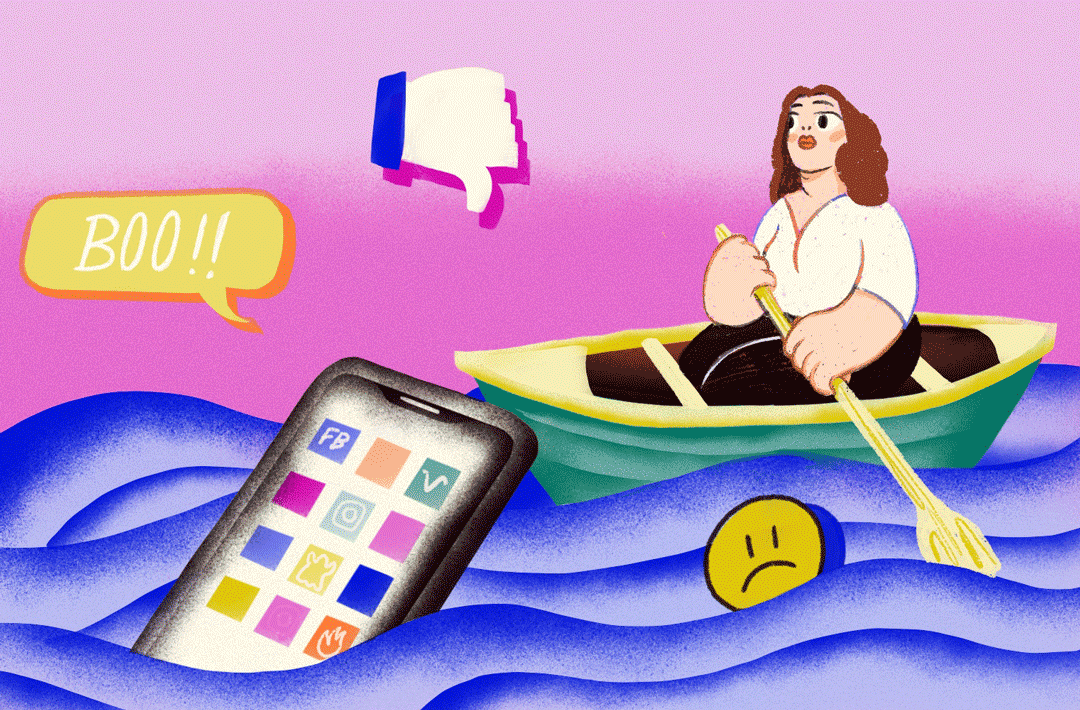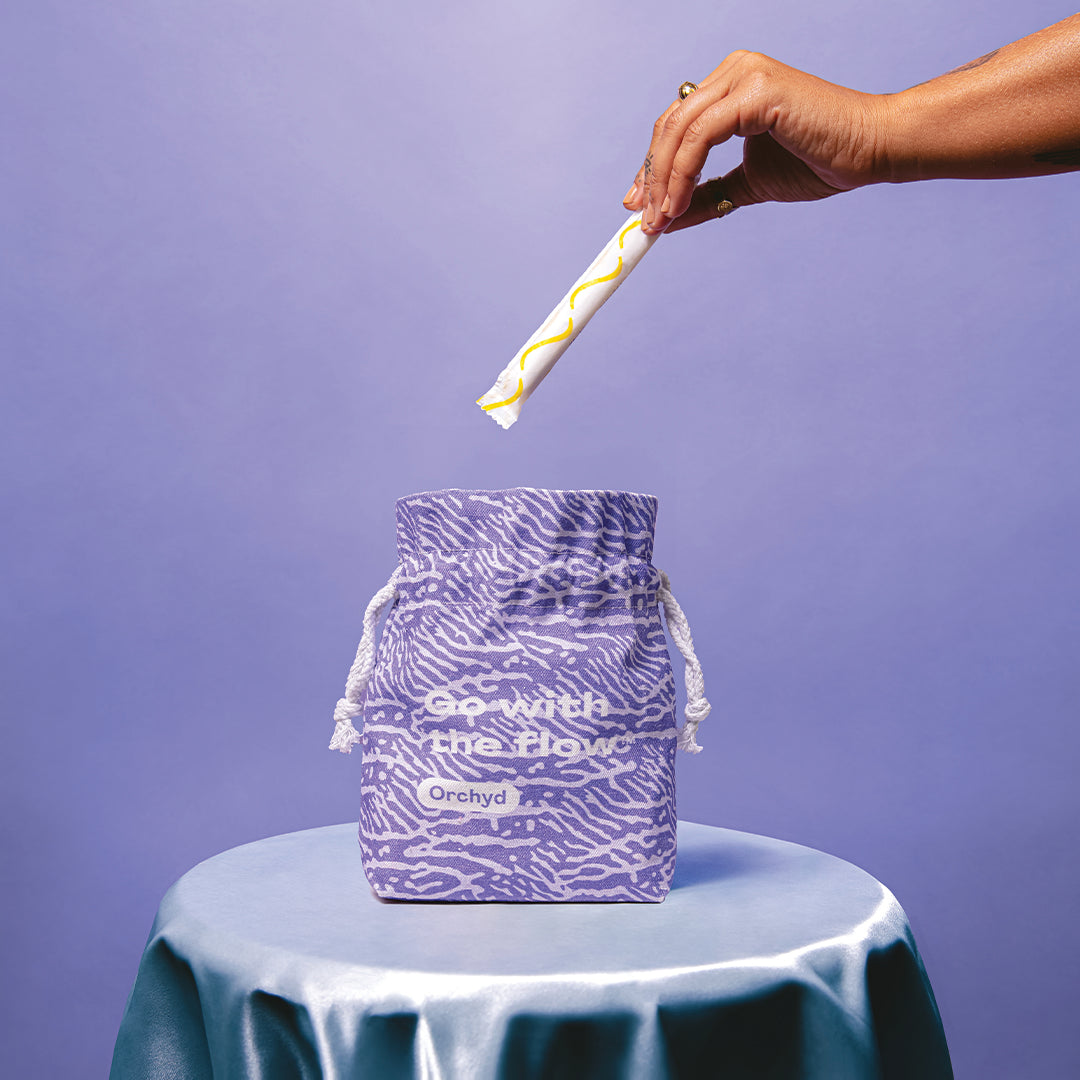
Social Media Trolls & Women’s Health Companies
Share
 The social media accounts of national brands with big audiences are ripe for trolling. With such high visibility, trolls can make inflammatory comments and receive dozens of equally inflammatory responses. But while chaos ensues in the comments section, brands have a reputation to maintain.
The social media accounts of national brands with big audiences are ripe for trolling. With such high visibility, trolls can make inflammatory comments and receive dozens of equally inflammatory responses. But while chaos ensues in the comments section, brands have a reputation to maintain.
A recent report by the Pew Research Center surveyed over 1,500 scholars and technologists about how people interact with one another on the internet. The report posed the question: “In the next decade, will public discourse online become more or less shaped by bad actors, harassment, trolls, and an overall tone of griping, distrust, and disgust?”
According to The Atlantic, 81 percent of respondents said: “they expect the tone of online discourse will either stay the same or get worse in the next decade.” So it appears that trolling is here to stay, and as of now, there aren’t many effective ways for businesses to combat it other than boycotting social media altogether.
“The uncomfortable truth is that humans like trolling,” says The Atlantic. “It’s easy for people to stay anonymous while they harass, pester and bully other people online—and it’s hard for platforms to design systems to stop them.”
Because social media platforms do not have a great way to combat trolling, it is up to individual companies to fend for themselves. When it comes to period care brands, there seems to be a trend of companies that empower women receiving hateful backlash on the internet.
Last year, Unilever and many other companies said they would pull all advertisements from Facebook, Instagram, and Twitter over concerns about hate speech. Other big companies, like Always, seem to selectively disable comments on certain posts. In some cases, they seem to find no better and easier discourse than leaving their comment section open and vulnerable to trolling.
“When someone uses social media to make a statement, good, bad or indifferent, they have a voice,” writes Forbes. “Sometimes that voice can be loud. And, it becomes amplified even more as others share and re-post. This is why it is paramount for brands to know how to communicate through social channels.”
For big corporations, requiring social media training is a great place to start. All employees must understand how to recognize and de-escalate hate speech. Unfortunately, this doesn’t solve the problem altogether.
In an article by Forbes, Andrea Barrica, founder of the sexual education virtual platform, O.School, states: “As anyone who’s ever posted something on social media—let alone tried to create an internet community—knows, building a safe and empowering space for women online is no small feat in the age of trolls.” Barrica describes her platform as “shame-free, troll-free sexual education for women.”
As of now, evidence suggests that the only ways to eliminate trolling are disabling comments or creating an entirely new platform that serves as a safe space for users. Of course, the latter is more challenging than the former.
The lack of solutions in this space points to how extreme trolling has become—even large corporations don’t know what to do. In the meantime, the best thing we can do is continue to spread positivity and create safe online spaces for everyone.

